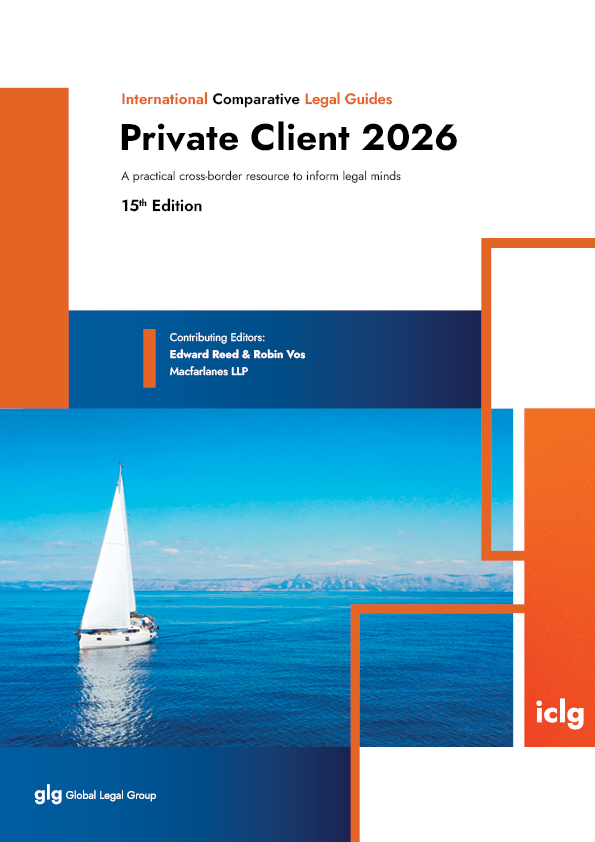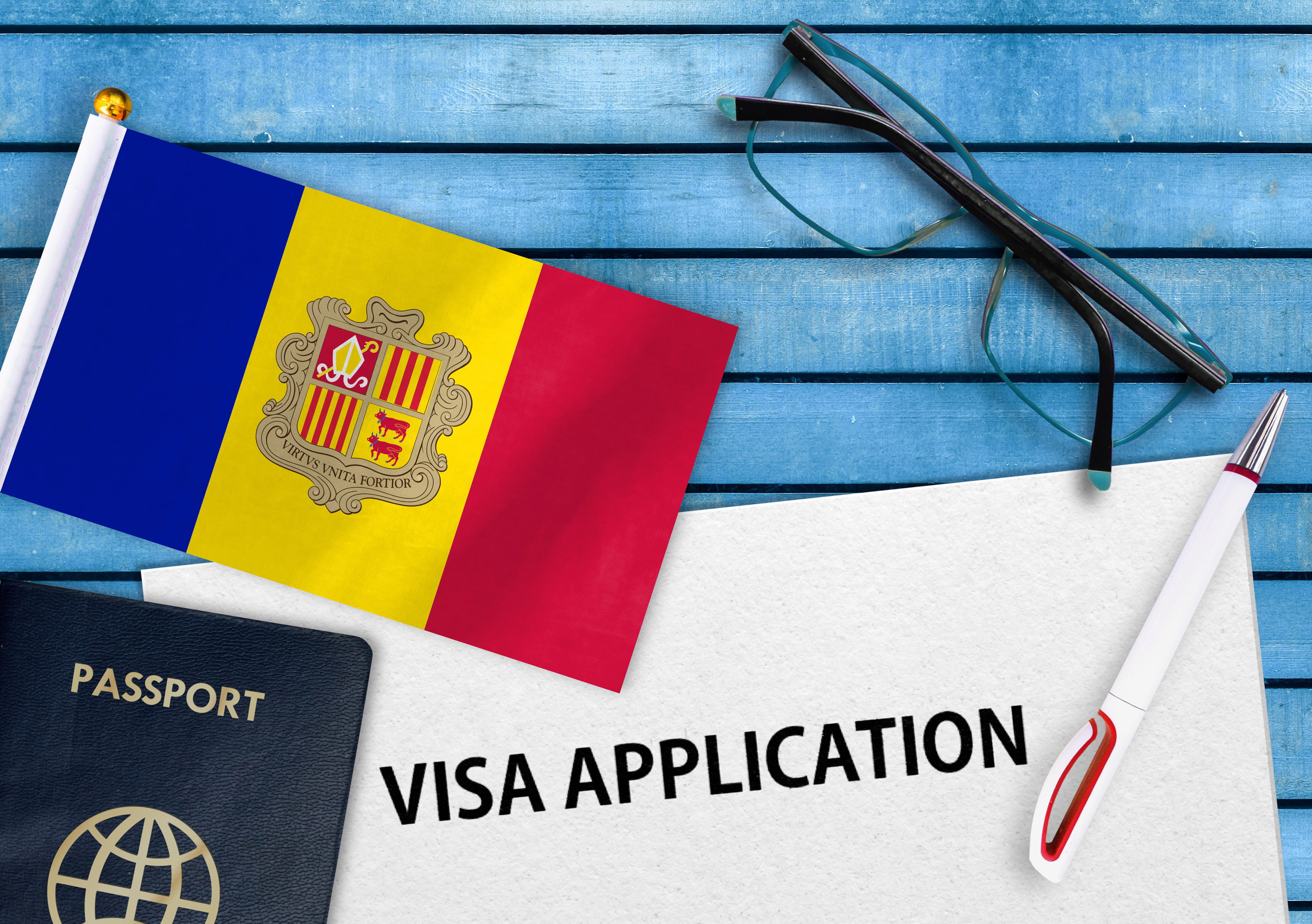Brief history of Andorra: Tax Economics and Political analysis
Analysis on the history, tax, political and economics of Andorra
Andorra, one of the smallest countries in the world is relatively unknown for many people, but it is a country with a long and fruitful history.
INTRODUCTION
Andorra is a microstate founded in 805 A.D. by Charlemagne and we can trace its history back to the 13th century.
It covers an area of approximately 468 km2 and is visited by an average of 8 million tourists per year.
The country's official language is Catalan, although Spanish and French are widely spoken by the resident population.
The Bishop of La Seu d'Urgell and the President of the French Republic are the heads of state or co-princes of Andorra.
On 30 June 2011, Andorra signed a monetary agreement with the European Union and the euro became the country's official currency.
As a member of the United Nations, Andorra has been an independent and neutral country for over 700 years.
Although not a member of the European Union, Andorra shares close ties with Spain, France and the European Union itself.
Andorra's life expectancy in 2014 was 82 years, making it one of the seven countries in the world with the highest life expectancy. Likewise, its public health system has been considered one of the 5 best in the world.
Finally, Andorra is one of the safest countries in the world, and its crime rate is among the 5 countries with the lowest crime rates in the world.
In 2022, Andorra had a population of near 80,000 inhabitants, 45.83% Andorran nationality, 26.38% Spanish nationality, 13.71% Portuguese nationality, 4.99% French nationality, and the remaining 8.17% of the population consists of more than 20 different nationalities.
The highest concentration of the population is in the 30-49 age group, with approximately 16,000 individuals.
It has a prosperous economy. with a very low debt vs GDP
Leading macroeconomic indicators show a turnaround and a move towards recovery
The financial sector is one of the pillars of activity in Andorra but tourism is becoming more and more important (and not only in winter). Financial institutions, together with insurance companies, account for around 21% of GDP.
The financial system has raised its capital and liquidity ratios to comply with Basel III requirements.
ANDORRA IS NOT A TAX HEAVEN, BUT IS A COUNTRY FULLY COMPLIANT WITH INTERNATIONAL TAX STANDARDS
In 2015, a historic milestone was reached when, for the first time in the history of the Pyrenean country, a system of direct taxation for individuals came into force with the entry into force of the Personal Income Tax Law 5/2014 of 20 April.
The criteria for determining tax residence in Andorra are very similar to those established by Spanish personal income tax law:
Permanence criteria: more than 183 in Andorra.
Centre of vital interests: family nucleus located in Andorra.
Centre of economic interests located in Andorra.
Before being able to register as a tax resident, by filing the corresponding census declaration, it is necessary to obtain a residence permit, which can be of various types, but we will highlight the two main ones: (i) Residence without work; (ii) Residence with work or for self-employed business activities.
TAX SYSTEM INDIVIDUALS
GENERAL BASE
Tax rate:
Up to 24,000 0%
24,000 to 40,000 5%.
More than 40,000 10%.
First 3,000 € exempt.
As from 3,000 €- 10%
Nevertheless, there are many exemptions in the Savings Base (i.e. capital gains are exempt, if you hold less than 25% of the participation that has been held more than 10 years; Dividends are exempt for the shareholders).
TAX SYSTEM CORPORATIONS
Tax Rates
10%
0% Collective Investment Vehicles
OTHER TAXES
Andorra do not have NetWealth Tax-Inheritance or Gift Tax
Tax on capital gains arising Real Estate as from 15%-0% if you bought the property more than 10 years ago.
Indirect Tax.- 4,5%
NEGOTIATIONS WITH THE EUROPEAN UNION
Andorra, together with other microestates located in the European area, are negotiating an agreement of association with the European Union. The European Union has declared that it will respect the tax rates and particularities of Andorra.




